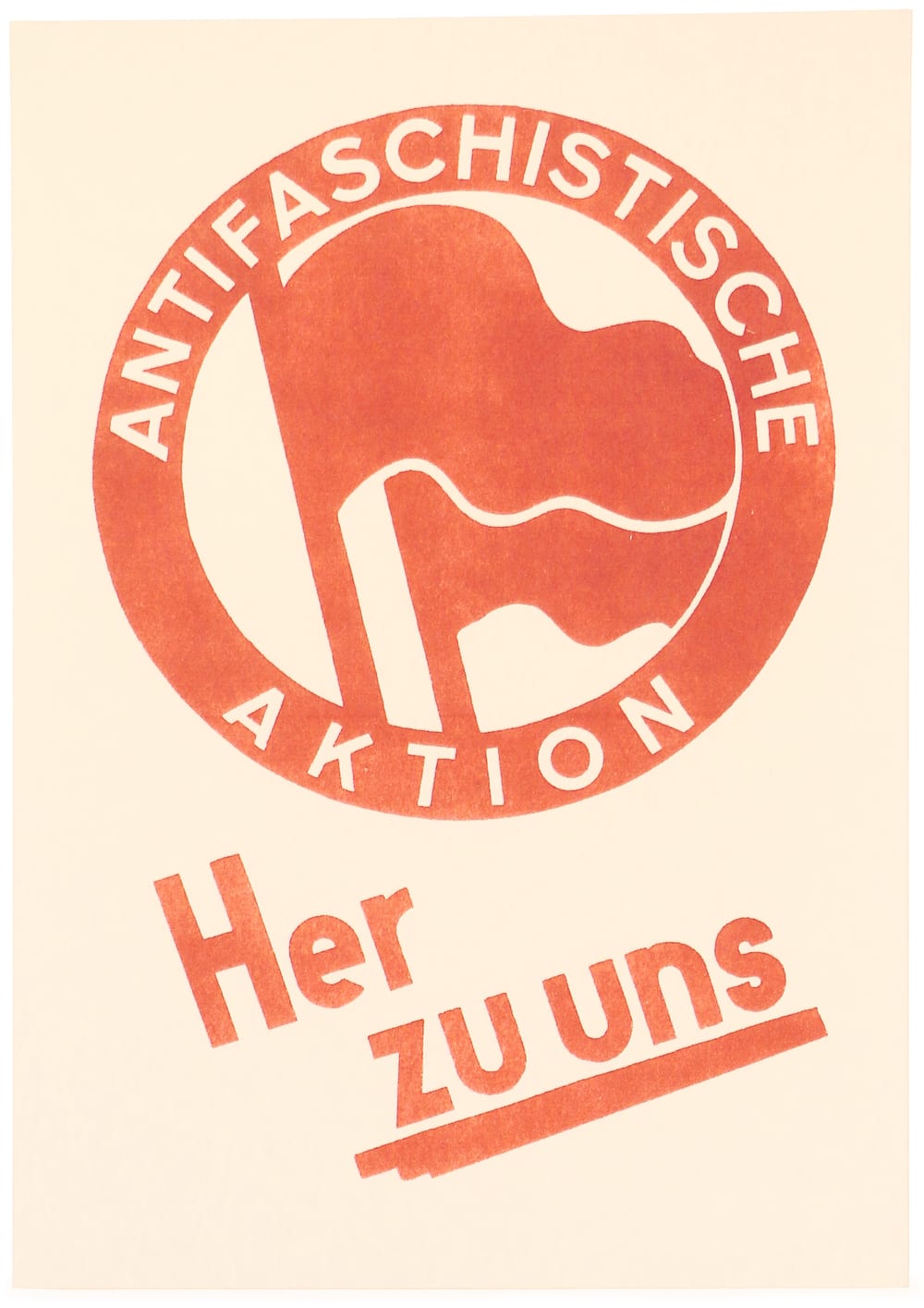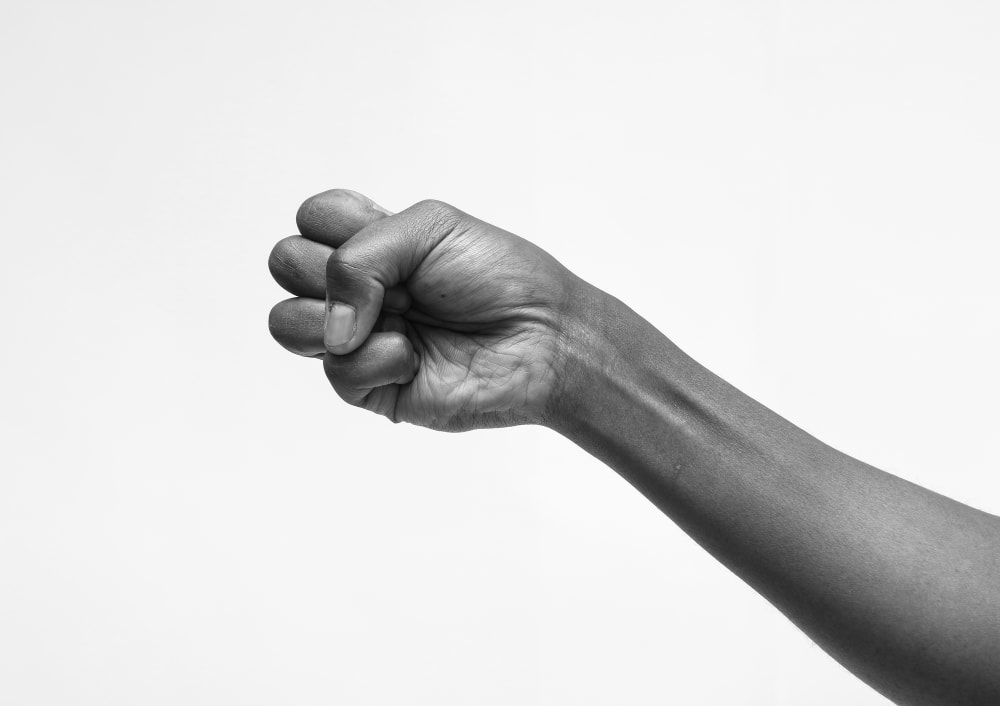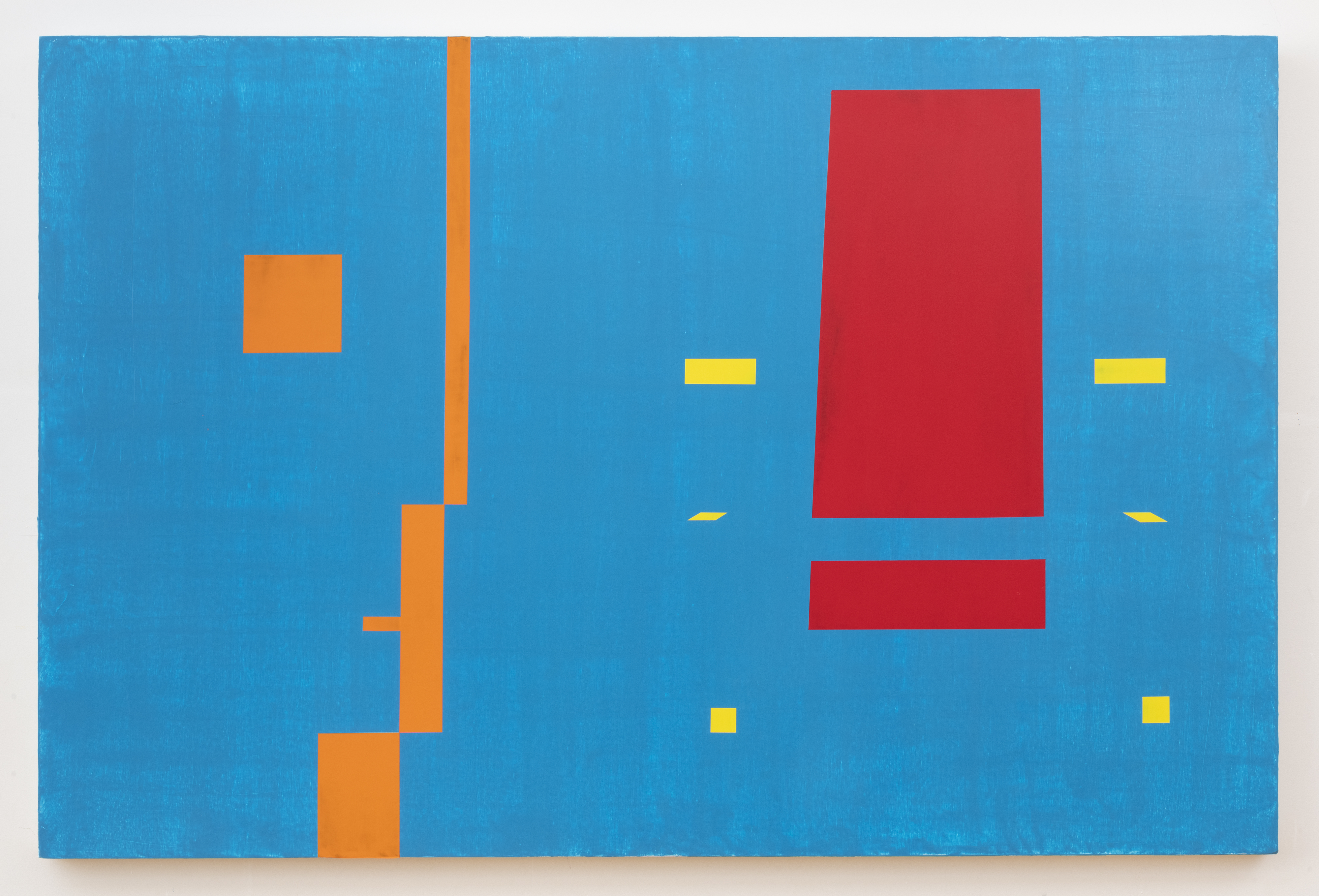This autumn marks the centenary of the founding of the influential German art and design school The Bauhaus, and Camberwell staff and students will invite the public to join their celebrations with OurHaus, a week-long festival critically re-imagining the school’s legacy for our times.
Marking the culmination of a year long project at UAL, the OurHaus Festival will be delivered in partnership with Central Saint Martins with performances, workshops, exhibitions, screenings and talks by internationally renowned voices and emerging practitioners taking place at both colleges.
The Bauhaus was a school of design founded in Weimar, Germany in 1919 by architect Walter Gropius. Its approach to teaching revolutionised creative and artistic thinking and work in art, design, architecture and theatre all over the world and its influence is still felt today. One hundred years after its founding, the festival will ask what the Bauhaus means for contemporary artists, students and society.

Since October 2018, Camberwell’s fine art staff and students have taken part in different activities both inspired by and taken from original lessons at the Bauhaus as part of their study. The Camberwell team have been working collaboratively with a teaching team from Bauhaus Dessau. Both groups practice can be seen to intersect in different ways with some of the Bauhaus’ teaching methods and themes.
Professor of Painting, Daniel Sturgis, who teaches across the BA Fine Art programme at Camberwell, said “The opportunity to re-think aspects of the Bauhaus’s pedagogy – and how they can be adapted, questioned or interpreted now – is proving hugely exciting for students and staff at the college. We are really interested in thinking about how the art school relates to its social and political context and how visual literacy is learnt and developed, both ideas which were central to the Bauhaus and its trans-national legacies. Both strands of our enquiry have led us to form new partnerships with different museums, foundations and galleries.”
This project culminated in September this year with a series of performances in Germany at Bauhaus Dessau, part of the Open Stage programme, a key strand of the official centenary performance programme entitled Festival Stage TOTAL which will launch the new Bauhaus Museum there. The students have created performances that embrace ideas of social togetherness, motion and play through exploration of form, space and sound. These will be restaged in October at the college as part of OurHaus.
BA Fine Art Painting lecturer Sarah Kate Wilson explains, “working as a community of artists, we are revisiting Schawinsky’s seminal work Play, Life, Illusion (1936), and reimaging the work now, in 2019, as a way of addressing the global concerns of today. Performances, scripts, improvised actions, films, costumes and soundscapes will be woven together and performed in London and Dessau.”

The Camberwell performances will coincide with the private view of the exhibition Bauhaus: Utopia in Crisis at Camberwell Space, exploring how contemporary practitioners have been drawn to the social, utopian and transgressive aspects of Bauhaus history. Also, part of OurHaus, the exhibition will present a diverse collection of artworks, investigating the ways in which artists today are reframing the Bauhaus’s modernist legacy as one which includes political and subjective resistance.
As such, Bauhaus: Utopia in Crisis will address how artistic legacies intersect with contemporary concerns through understanding that the Bauhaus was a complicated interweaving of different positions and personalities and never a truly unified project. The exhibition will be accompanied by a symposium convened by Professor Sturgis featuring speakers Judith Raum, Sadie Murdoch, Grant Watson, Sebastian Helm and many others; all taking place during the packed OurHaus festival programme.


Throughout the exhibition run, selected exhibiting artists will also give performances including Slovene born artist-photographer Eva Sajovic who will stage a performative discussion and London-based US painter Alexis Teplin who employs costumed characters to perform dialogues derived from fictions and historical modernist texts to animate her abstract compositions.
To deliver the OurHaus festival programme’s keynote lecture, Camberwell will be welcoming Dr Elizabeth Otto, Executive Director of the Humanities Institute, University at Buffalo College of Arts and Sciences who will be speaking about Queer Bauhaus. Her recent book, Haunted Bauhaus: Occult Spirituality, Gender Fluidity, Queer Identities, and Radical Politics was an investigation of the irrational and the unconventional currents swirling behind the Bauhaus’s signature sleek surfaces and austere structures.
Festival highlights at Central Saint Martins will include a workshop programme for students and members of the public by Tim Meara and Lucy Alexander taking place in a 1:1 frame based on the Prellerhaus where students and tutors lived and worked together while at the Bauhaus. This will be followed by a performance in the Platform Theatre, devised by Klara Kofen, James Oldham and students, presenting a new ‘Gesamptkunstwerk’ for our times through critical engagement with Bauhaus theory and performance - the result of a four-day collaborative devising session.
UAL OurHaus festival, marks UAL’s relationship with the Bauhaus and takes its legacy as inspiration to make for a very different world. Reflecting on the far-reaching influence that the school has had not just on arts education, but so much of our everyday lives, artist and BA Fine Art Lecturer Juan Bolivar, one of several staff members on Camberwell’s Fine Art courses who has worked all year with students on Bauhaus-focussed activities, said: “The Bauhaus has a multi-fold identity. Bauhaus (translated as ‘construction house’) began as an art school, whose teachings now live not only in the Fine Arts today, but in ideas of design, architecture and what we call ‘modern living’. It’s almost impossible to define how canonical Bauhaus is, but the likelihood is that everything from a smart phone to a lowly self-assembly bookshelf, owes a debt to this influential movement and group of artists.”
OurHaus: 100 Years of Bauhaus: A Week-Long Festival takes place from 21 – 25 October 2019 at Camberwell College of Arts and Central Saint Martins.
For programme information and booking details, visit the events page for more information.
Find out more about the Bauhaus100 celebrations taking place all over the world next year at bauhaus100.com

